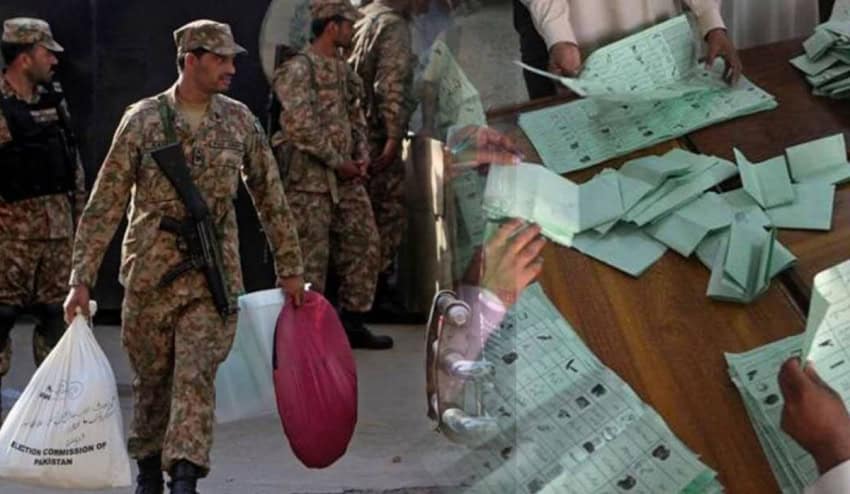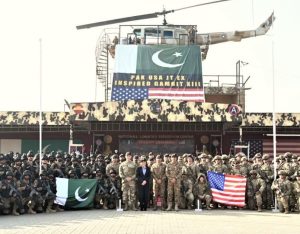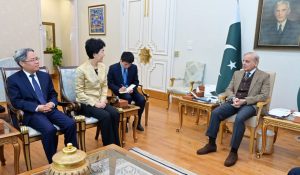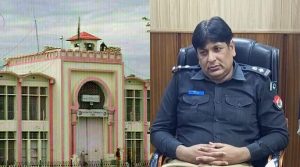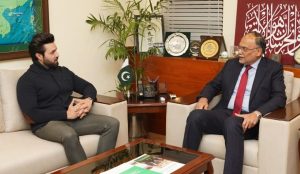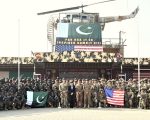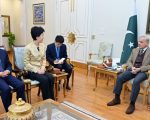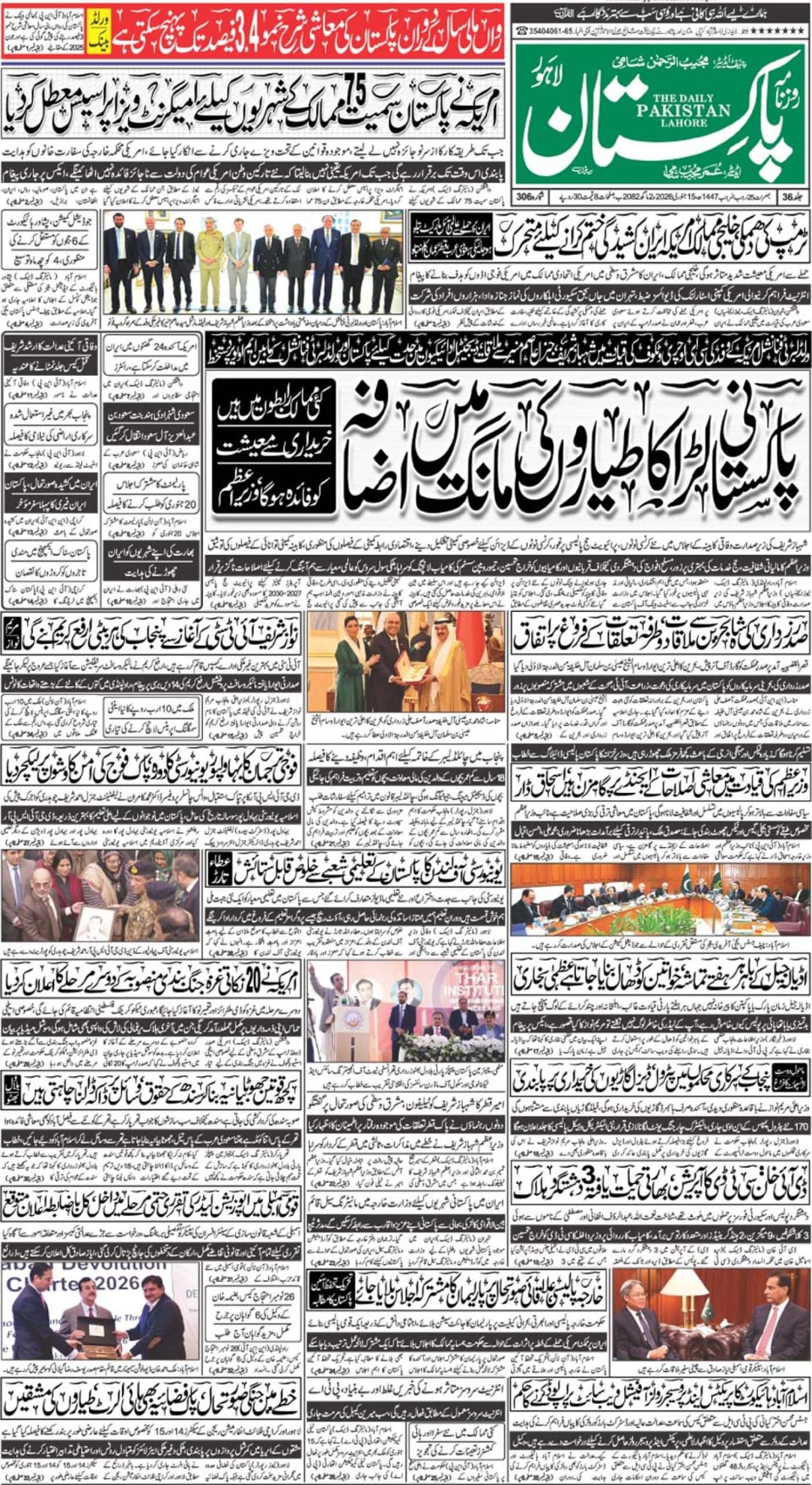Ahead of Pakistan’s upcoming Elections, slated to be held on February 8, 2024, a survey conducted by IPSOS shows the country’s youth picked Army as the most trusted institution in the country.
The survey commissioned by VOA and carried out by leading research institute revealed that most young people are worried about economy, poverty, unemployment, education, and health facilities.
At least 2000 individuals including 59pc men, and over 40pc women participated in the survey and majority of them called Pakistan Army most trusted institution, followed by Supreme Court and Media.
It shows that 75 percent of respondents believe that the upcoming elections will help steer the country in the right direction, despite that the key opposition leader remains in jail and the country’s independent human rights commission remaining vocal against free and fair elections.
The majority of participants considered their vote to be significant, with 77pc regarding the act of voting as a constructive activity. About 64pc of respondents expressed confidence in the upcoming February 8 general elections being free and fair.
In terms of voter behavior, 70pc of respondents were confident that their family and friends will participate in the upcoming elections, and the survey revealed that 78pc of young voters were inclined to support the same political party as in 2018, while 22% were open to changing their allegiance.
Half of the survey respondents believed that regardless of the election outcome, it would have no impact on their daily lives. Among those who anticipated an impact, varying degrees were expressed, with only 6pc believing the elections would significantly affect their daily lives.
Majority (68%) did not believe that any organization could manipulate the election results. Of those who thought it could be rigged, 68pc pointed to the powerful quartersd as the potential orchestrator, although only 63pc considered forces interference in politics as an important voting factor.
54pc of the youth said they remain informed about politics, candidates, and manifestos, mainly through media consumption. In terms of issues, inflation (70%), poverty (59%), and corruption (36%) were identified as top national concerns.
60 percent of them believed that political leaders did not understand their issues or priorities, with variations based on gender, age, and geographic location.
ECP completes printing of ballot papers for General Election 2024

